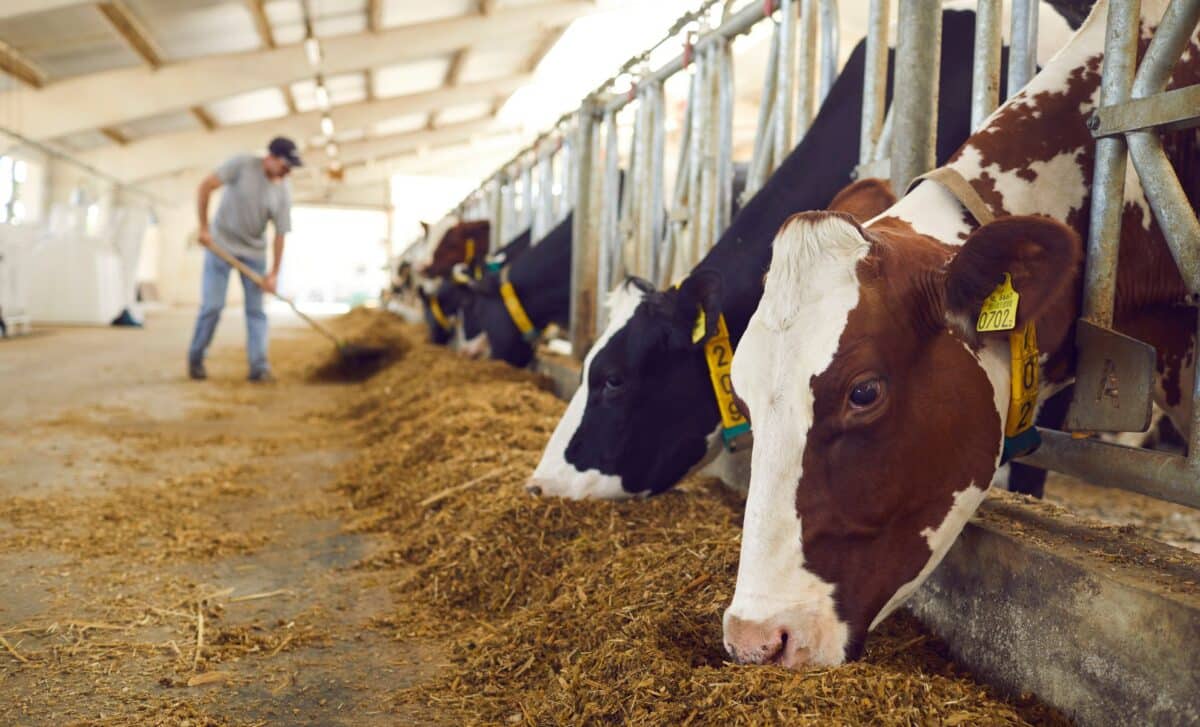The United States has suspended all imports of live cattle from Mexico, including horses and bison, following the detection of a flesh-eating parasite. The announcement comes just months after a previous agreement allowed the resumption of trade, underscoring ongoing concerns over the New World screwworm (NWS) infestation.
Agriculture Secretary Brooke Rollins confirmed the closure, citing the growing threat posed by the parasitic pest.
The decision, described as a necessary step to protect both animals and the national food supply, is set to be reassessed monthly. While officials are concerned about the economic impact, they stress that the priority is preventing a recurrence of the devastating outbreaks of the past.
A New Outbreak of New World Screwworm
The US Department of Agriculture (USDA) has confirmed the presence of the New World screwworm in Mexico’s Oaxaca and Veracruz states, located approximately 700 miles from the American border.
According to Rollins, the presence of the pest in these regions could pose a significant threat to the health of livestock across the border. The parasite is capable of infesting cattle and other animals, causing severe tissue damage that can be fatal if left untreated.
The pest’s presence in the region is a major concern because of its devastating impact during previous outbreaks. In the 1970s, an NWS infestation in Texas led to the loss of more than 1.4 million cattle, and similar consequences could cost the state’s economy up to $1.8 billion today, according to USDA estimates.
Rollins underscored the severity of the issue, stating that the safety of the nation’s food supply is of “utmost importance.”
Mexico’s Response and Future Negotiations
Mexican officials, however, have voiced their disagreement with the US decision. Julio Berdegué, Mexico’s agricultural secretary, stated that while the country does not support the measure, they are optimistic that an agreement will be reached soon.
According to Berdegué, the two countries had previously agreed to a 15-day closure, and he believes the situation can be resolved diplomatically.
While both countries have worked together in the past to combat the spread of the screwworm, the latest developments are likely to prompt further discussions about border controls and shared responsibility for managing the pest.
Efforts to combat the New World screwworm date back to the 1960s and have involved both chemical treatments and biological control measures, such as the release of sterile male flies.
Despite these efforts, the parasite continues to pose a threat to livestock health, requiring continued vigilance from both Mexico and the United States to prevent widespread outbreaks.









